The topic of poaching has plagued the League of Legends community for a number of years. The simplest definition of poaching, within the LoL community, is an organization attempting to sign a player who is already contracted with another team. Many notable teams and players, including Counter Logic Gaming and Søren “Bjergsen” Bjerg, have been caught and punished by Riot Games for the act of poaching. These punishments were created by Riot Games as a deterrent for anyone thinking of engaging in any form of poaching. To help prevent a team from losing a player, Riot Games created punishments, which came in the forms of fines and suspensions.
Despite Riot’s preventative measures put in place, poaching has continued to occur within the LoL competitive scene. The most recent alleged instance of poaching came from Rick Fox’s NA LCS team, Echo Fox. Allegedly, Echo Fox tried to add Adrian “Adrian” Ma to their roster, despite Adrian already signing a contract with Phoenix1, another NA LCS team.
The news of this stirred around the community. As Riot’s past poaching rulings were inconsistent, everyone in the scene was curious as to what type of punishment the organization would receive if Echo Fox was found guilty. But Riot did not release a ruling on this matter. Instead, they added a clarification or addendum to their existing poaching ruleset.
In an announcement released on Dec. 16, 2016, Riot Games stated that –
“Poaching can only occur when a Team Member (either player or coach) has a contract listed on the Global Contract Database, and another team/owner/player approaches that Team Member. Contracts are only listed on the Global Contract Database when a Team submits the required documentation to the League for a newly signed Team Member and receives approval for that player.
While teams may be signing contracts before the League receives documentation, poaching protections are explicitly NOT put in place until the League approves of the acquisition and has received the proper documentation. This is to prevent teams from claiming poaching protection despite signing potentially fraudulent or noncompliant contracts; we want to make sure that we are only recognizing valid, proper contracts.”
This clarification, in layman’s terms, is If Riot has yet to approve a player joining team “A,” then team “B” can approach said player, even if said player signed a contract with team “A.”
Riot further explained in the announcement that since Echo Fox approached Adrian before Riot Games approved Phoenix1’s roster change, Echo Fox did not engage in any form of poaching, and were absolved of any guilt. Regardless of the timeliness of this ruleset addendum in relation to to this incident regarding Echo Fox, this post by Riot presents a few questions and possible problems in the future regarding roster changes.
Riot’s Approval Process
Arguably the most important part of this announcement was the fact that poaching protection only comes into effect when Riot approves the roster transfer. This is very problematic for multiple reasons. The first problem is the amount of time Riot takes to approve a roster change. Depending on the length of time it takes for Riot to approve a change, a smaller organization is vulnerable to lose a signed player to an even bigger organization. Say it wasn’t Echo Fox who tried to take Adrian, but the newly venture capitalist backed Dignitas. If Dignitas offered an exorbitant amount of money for Adrian, that Phoenix1 could not possibly match, there is almost no way for Phoenix1 to retain their player since their roster change was still currently pending. In this scenario, Phoenix1 is out one player only weeks before the LCS is set to start.
The global database itself, which teams and players use to find free agents, is very suspect. At the time of writing this piece, according to Riot’s system, Fabian “Febiven” Diepstraten and Paul “sOAZ” Boyer, are both free agents, despite both having signed with a team almost three weeks ago. This isn’t just a problem for one or two players either, as according to the database, all of Splyce are free agents despite having re-signed with the team before the end of November. And there are many more players in the same position as those mentioned above. The reason for these quasi free agents is because the EU LCS database hasn’t been updated in over a month. Despite being the “global database”, only the North America section has been updated regularly. This either means that Riot’s approval process is incredibly slow, or the database isn’t being kept up to date. If the latter is true, then organizations looking for players have an inaccurate listing of free agents, which can inadvertently result in more poaching.
Precedents
The poaching debacle has resulted in a negative precedent for future Riot rulings. Riot has displayed through this incident that they can and will add arbitrary rules to either punish or, in this instance, condone the actions of any player or team they see fit.
We will never know if this poaching stipulation was created solely to exonerate Echo Fox from any fault for whatever reason. This rule could actually have been a mainstay in the off-season for years, but since it was only brought up now in this very specific case, doubt has to be cast towards Riot’s judgement. It will be difficult to take Riot’s Official Ruleset seriously in the future, now knowing that they don’t themselves.
How would you change the poaching ruleset?Let us know by commenting below or tweeting us @GAMURScom.
Article by Malcolm Abbas. Follow him on Twitter @SmashhLoL.
Photo via LoL Esports



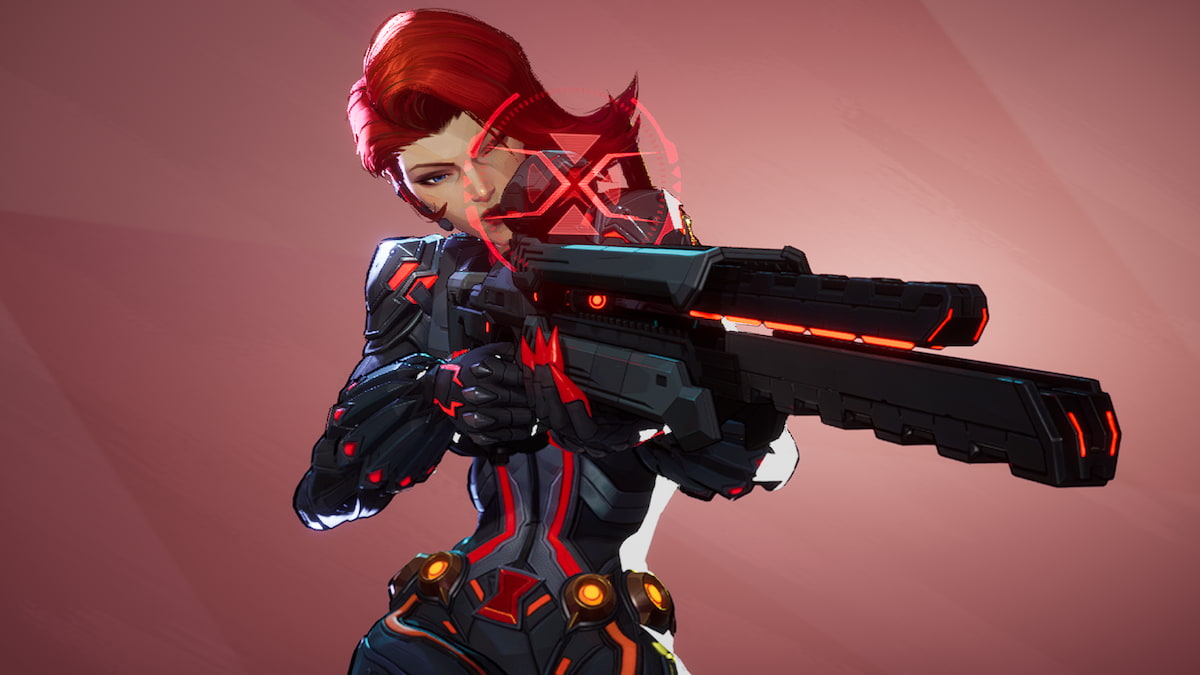
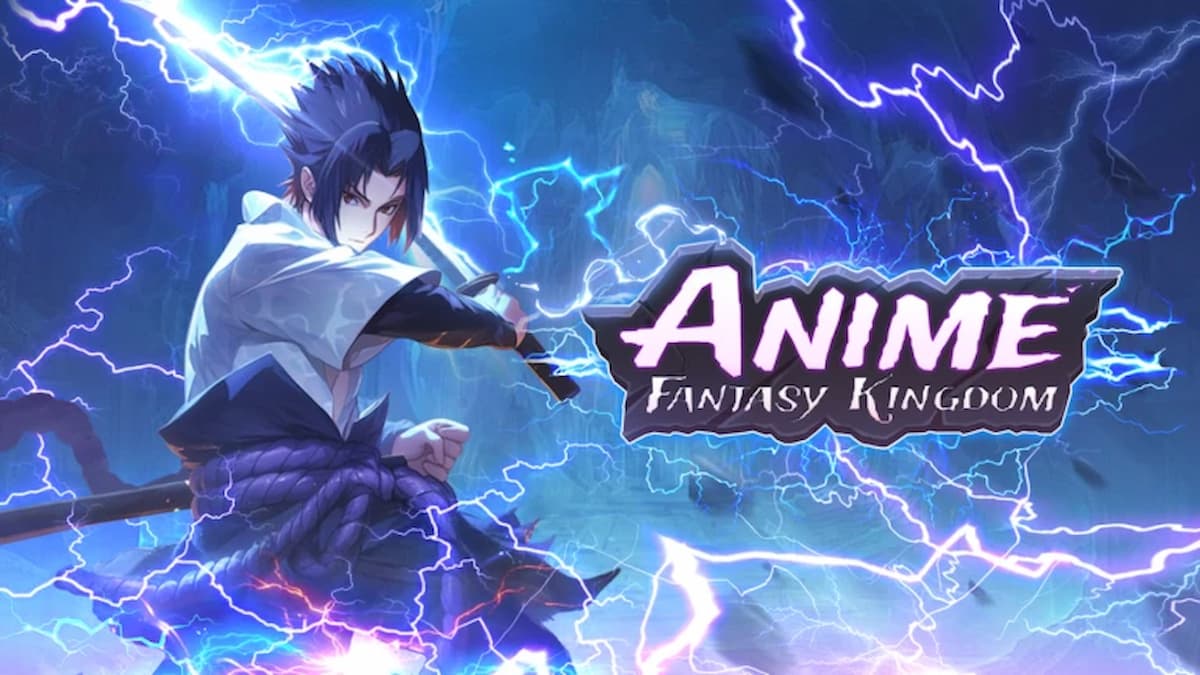

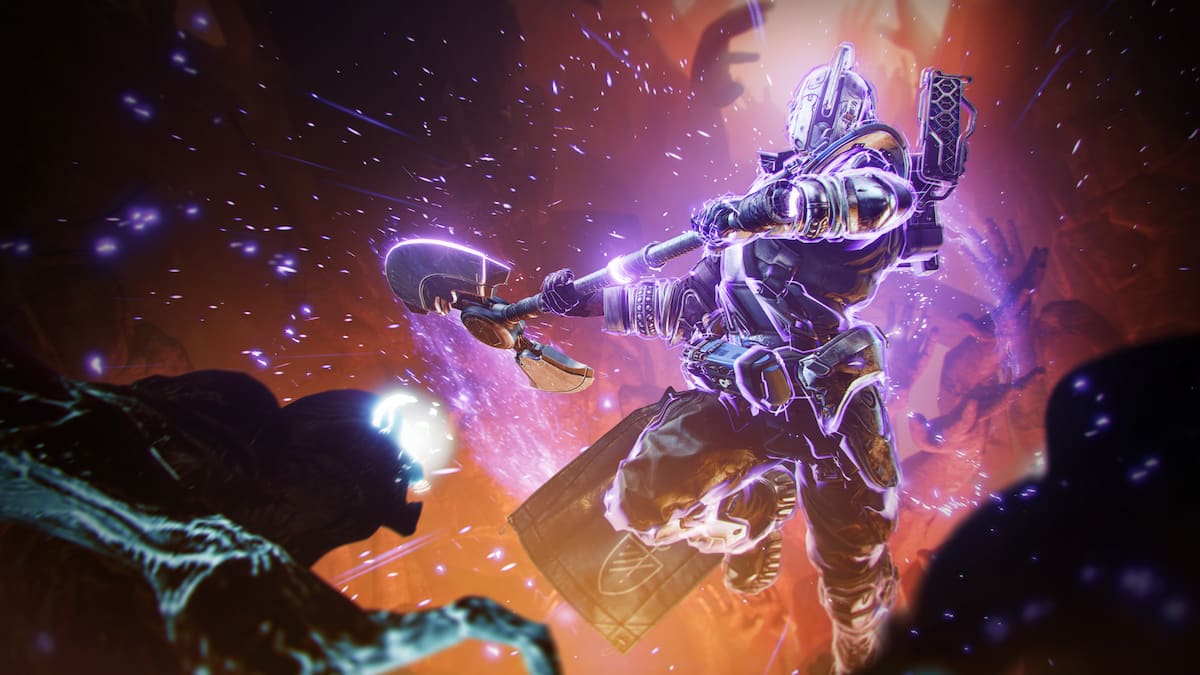
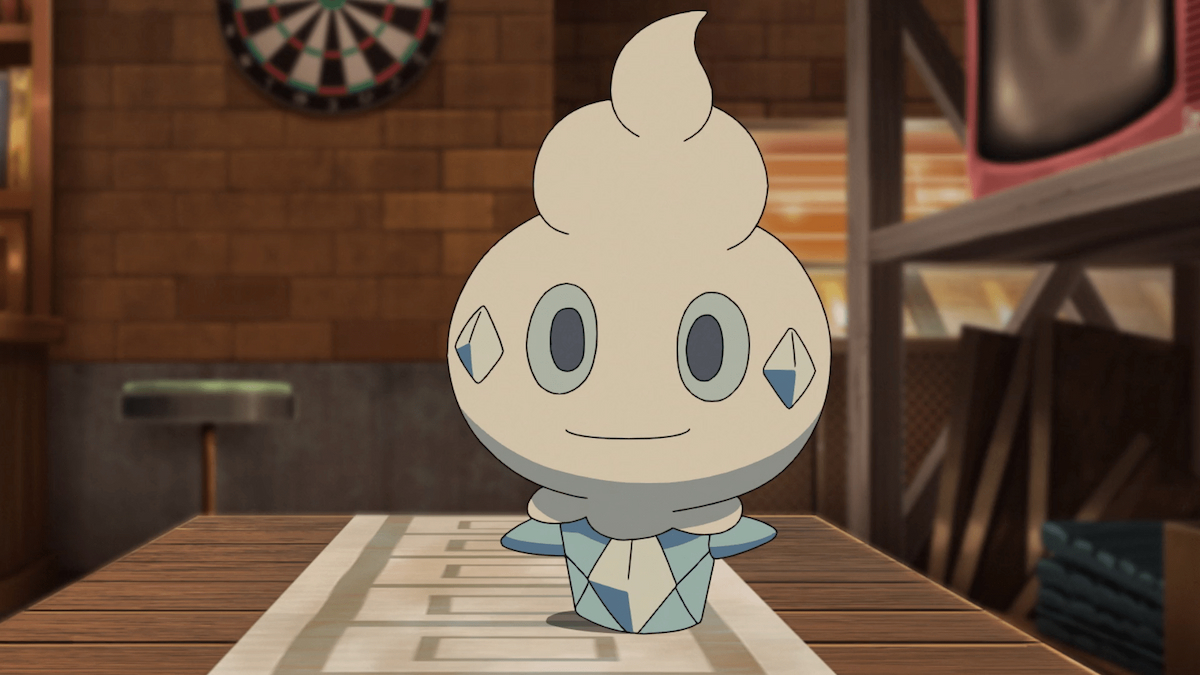
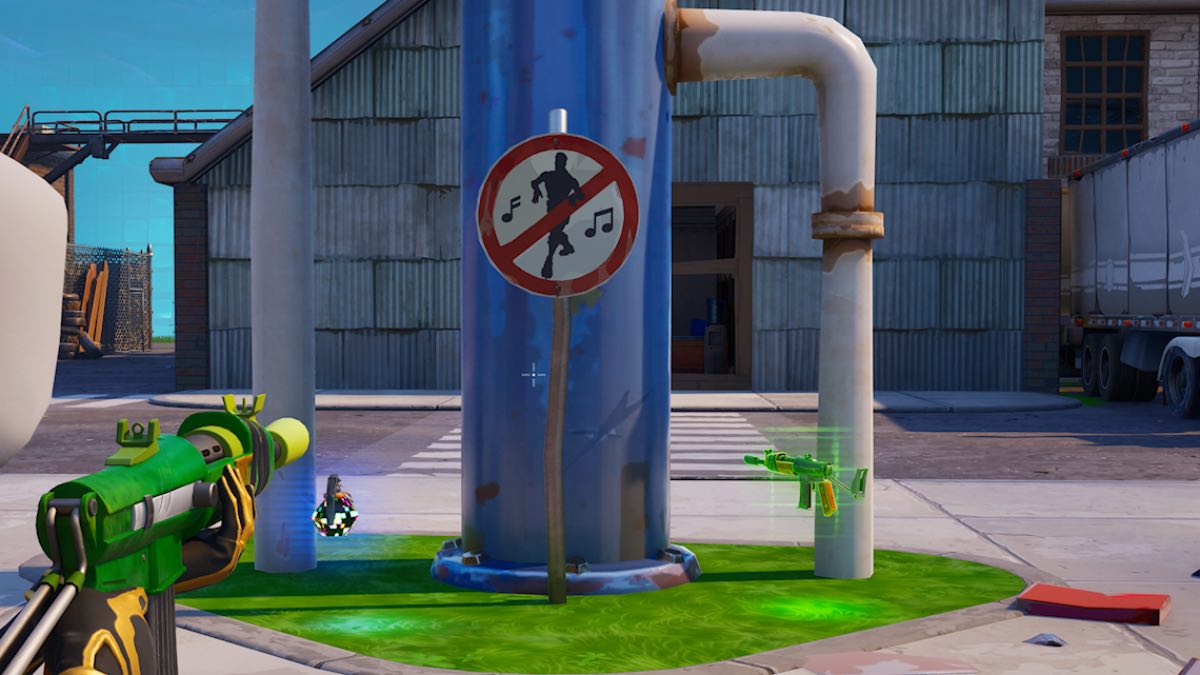


Published: Dec 19, 2016 01:51 pm